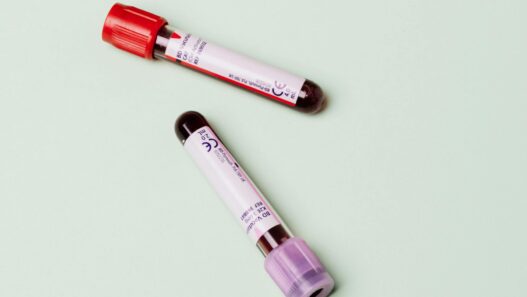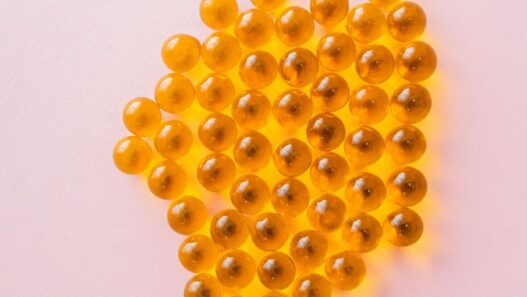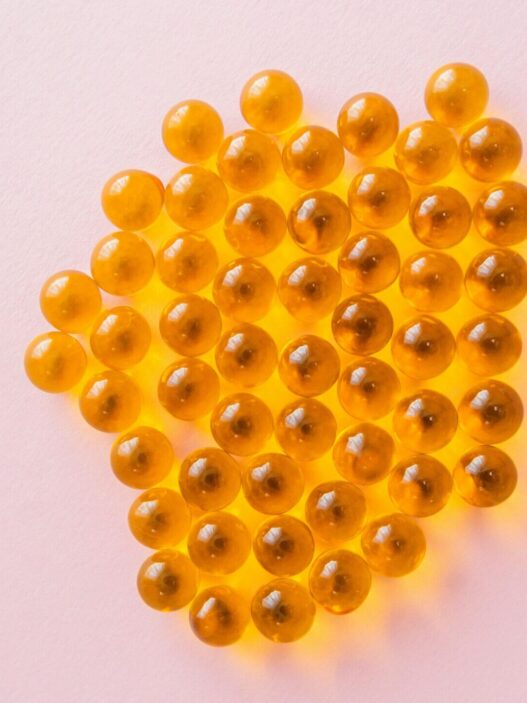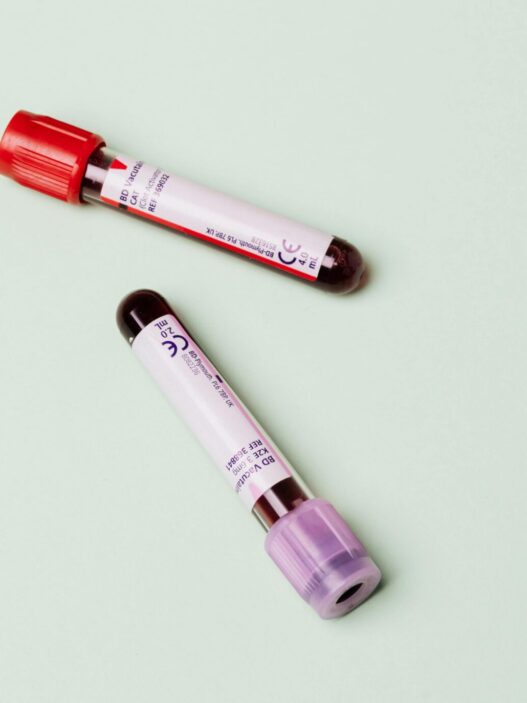What is Collagen?
Unknown to many people, collagen is a protein that accounts for up to 30% of the overall protein in your body. It can be found in your skin, bones, muscles, tendons and ligaments. Think of collagen like you do glue, in the sense that it pulls together and provides key structure and strength to the tissues in your body.
The most common types of collagen that you need to be aware of and what they do are :
- Type I – found in skin, bones and tendons and ensures skin health and bone strength.
- Type II – mainly found in cartilage which helps to cushion joints.
- Type III – works with Type I in your skin and blood vessels.
What Does Collagen Do?
With collagen accounting for up to 30% of the protein in your body you can be sure that it has a number of important functions and this is why people actively take supplements as they age :
- Supports Skin Health: Collagen helps your skin by giving it structure, elasticity, as well as hydration. By doing so it helps to keep your skin firm and youthful. Naturally over time collagen levels in your body decline and it is because of this you may see wrinkles and sagging skin.
- Promotes Joint Health: Collagen plays a major role in your cartilage which is the tissue in between your joints. Appropriate levels of collagen help to maintain joint integrity, which results in less pain, stiffness and ultimately better mobility.
- Strengthens Bones: By collagen providing the framework for your bones, this helps to maintain bone strength and density. Collagen does this by playing a role bone mineralisation, which is vital in preventing fractures as well as conditions like osteoporosis / weakness of bones.
- Builds Muscle: As a protein, collagen is crucial for muscle strength and recovery. It directly contributes towards the recovery of muscle fibers and helping to repair them, making it especially important for anyone in sports or fitness.
- Promotes Healthy Hair and Nails: Collagen contributes to the strength and resilience of your hair and nails. Higher collagen levels can lead to less brittleness, resulting in healthier hair and stronger nails.
- Aids in Digestion: Collagen can be found in the lining of your digestive tract. It helps maintain gut health and may assist in repairing the intestinal walls, which is crucial for proper digestion and nutrient absorption.
How Does Collagen Work?
Collagen like any other protein, is made up of amino acids which are the building blocks of proteins. The primary amino acids in collagen are glycine, proline, and hydroxyproline. What your body does is make collagen by using and combining these amino acids obtained from the protein-rich foods you eat.
Vitamin C plays a vital role in collagen production. It does this by helping to convert the amino acids into collagen and is also crucial for maintaining healthy skin. Other nutrients like zinc and copper also support collagen synthesis, so it is very important that you have a well-rounded diet.
After collagen is produced, it forms long, thin fibers that provide strength and structure to your tissues. Imagine these fibers are like a scaffold that hold cells together, allowing them to function effectively. Now as you age, however, naturally the production of collagen decreases, which leads to health and cosmetic issues.
Why is It Important to Consume Collagen?
As mentioned before, collagen levels naturally decline as you age, starting around the age of 25. This decrease can lead to several issues, such as:
- Skin Aging: Reduced collagen can result in wrinkles, sagging, and a loss of skin elasticity. Your skin may not bounce back as easily when pinched, affecting your overall appearance.
- Joint Pain: Reduced collagen can lead to the breakdown of cartilage between your joints, causing joint pain and stiffness. This can also limit mobility and make everyday activities uncomfortable.
- Bone Weakness: Reduced collagen can also affect bone density, increasing the risk of fractures and osteoporosis / weakening of bones which makes them fragile and more likely to break.
- Muscle Weakness: As collagen decreases, you may experience reduced muscle strength and slower recovery after exercise.
To counteract these effects, it’s important to support your body’s collagen levels, especially as you age. You can do this by supplementing collagen in your diet to help maintain youthful skin, healthy joints, and strong muscles.
How Can You Boost Collagen Intake?
- Eat Collagen-Rich Foods: Incorporate foods that are naturally high in collagen into your diet. Bone broth, chicken skin, fish, and certain cuts of meat (like beef and pork) are excellent sources.
- Focus on Nutrient-Rich Foods: Consume foods rich in vitamins and minerals that support collagen production. Citrus fruits, berries, leafy greens, nuts, and seeds provide essential nutrients like vitamin C, zinc, and copper, all of which are crucial for collagen synthesis.
- Consider Collagen Supplements: Collagen supplements, available in powders, capsules, or liquids, can be an easy way to boost your intake. These supplements often come from animal sources, such as bovine or marine collagen, and can be added to smoothies, soups, or beverages.
- Stay Hydrated: Drinking plenty of water is essential for skin hydration and overall health. Hydration helps maintain skin elasticity and supports collagen function.
- Limit Sun Exposure and Avoid Smoking: Excessive sun exposure and smoking can degrade collagen in your skin, leading to premature aging. Protecting your skin from the sun and avoiding smoking can help preserve your collagen levels.
Finally…
Collagen is a crucial protein that impacts many aspects of your health, from skin appearance to joint function. Understanding what collagen is, what it does, how it works, and why it’s important allows you to take proactive steps to support your collagen levels. By eating a balanced diet rich in collagen and supporting nutrients, staying hydrated, and considering supplements if needed, you can maintain healthy skin, joints, and overall well-being.
Incorporating collagen into your diet isn’t just about beauty; it’s about maintaining your body’s integrity and health as you age. With a little attention to your nutrition, you can support your body’s natural collagen production and enjoy the benefits for years to come. Whether through food, supplements, or lifestyle choices, taking care of your collagen can help you feel and look your best!

















